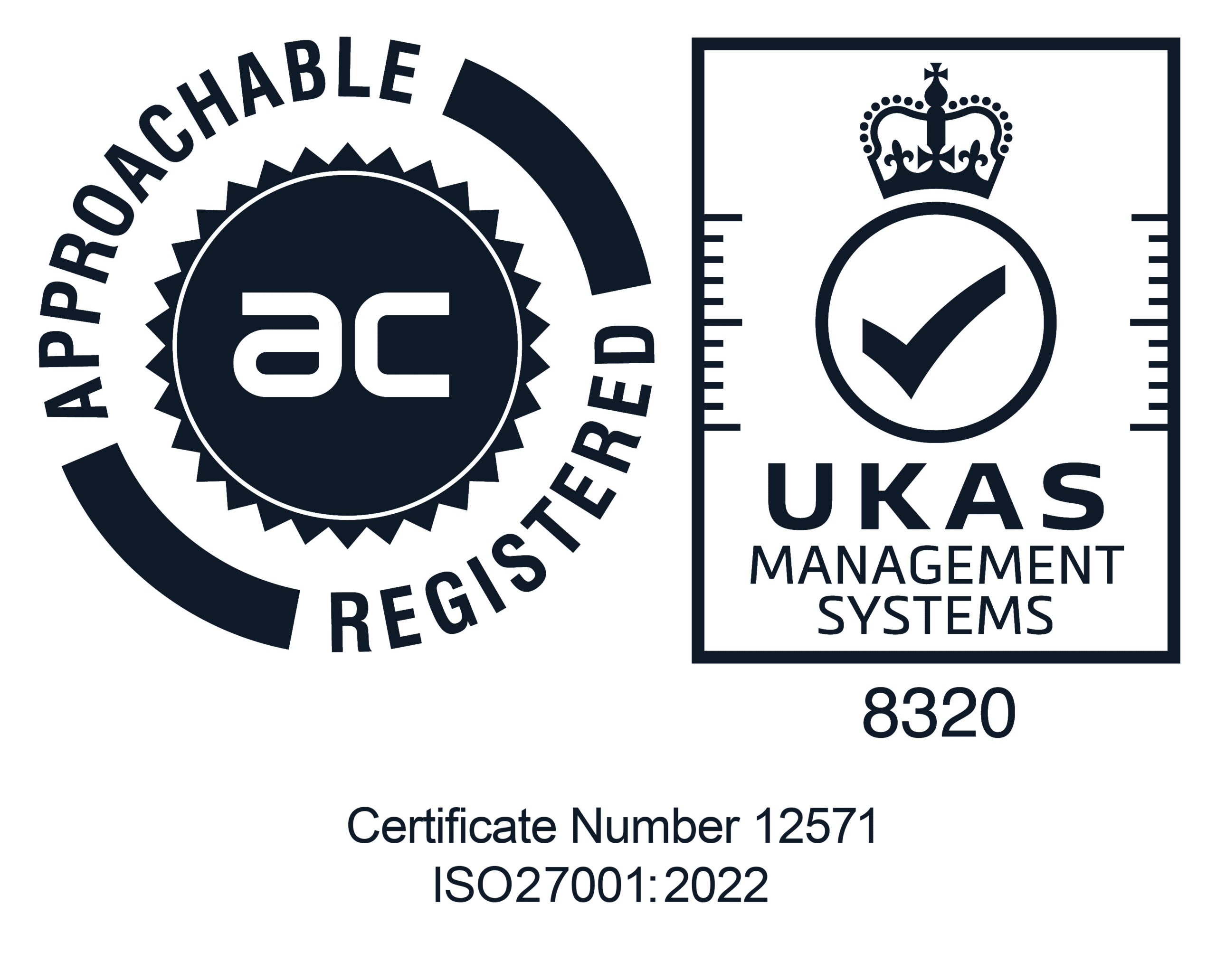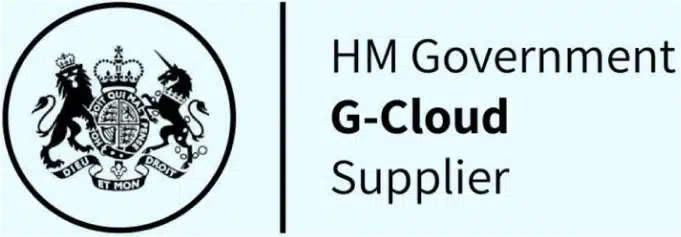Due diligence, in minutes
Every organisation should know who it’s working with. Xapien automates deep due diligence on prospective clients, donors, and third parties in minutes, not days.
Stop searching. Start knowing.
Trusted by

KPMG

Qoursus

Mintz

Pinsent Masons

Dow Jones

Dartmouth

Griffin

Trust Alliance

Cordaid

University of Liverpool

Zurich

Provenir

YFM Equity Partners

University of Manchester

Hopehead

University of Alberta

Sightsavers

Museum of London

Anglia Ruskin University

Cytora
A new paradigm for due diligence
Deep, contextual insights
Until now, comprehensive due diligence has been a manual activity. Database screening and keyword searches across siloed data sources take hours and lack context. Xapien reads and analyses online media, leak sites, corporate records, and structured screening data in any language. It delivers relevant, comprehensive results in minutes.


Unlock opportunities
With Xapien due diligence is a proactive, initial phase in onboarding, delivering rapid insights into both risks and opportunities. Make well-informed decisions about potential relationships based on a comprehensive understanding, rather than mere compliance.
Truly know your customer
Too often KYC is a tick box exercise. Xapien provides the full story. Make complex, nuanced decisions about whether you should work with an entity or individual, and not just whether you can.

Our Customers
What our customers say
Why Xapien?
Xapien is designed for due diligence. It interprets the world's knowledge for you, providing clear, actionable insights about people and companies. It finds the story behind the data points, turning complexity into clarity. It's not just about having access to information — it's about making sense of it all, anywhere, anytime.
Cut through the noise
Fluenci, our natural language processing engine, filters out irrelevant data from internet and database research, delivering precise insights and contextual analysis. No need to cross-reference or double-check.
Find what you need, fast
Xapien combines internet research and database screening. It delivers AML checks and contextual nuance in one simple, summarised report - in minutes, not days.
Seamlessly integratable
Accessible through any browser, Xapien requires no downloads, AI expertise, or technical setup. Simply enter a name, some brief context and press GO.
Sectors
Due diligence for industries that put trust first
Our packages
Single-team
You're a small organisation struggling to keep up with research volumes. How can you scale your research capabilities to meet growing demands without compromising on quality?
Multi-team
You're an established business with a combination of tools and manual processes. You know you could be more efficient, so what could fully automated research unlock for you?
Enterprise
You're a large enterprise with growing regulatory compliance and reputational risks. You need an enterprise solution that can keep up.
I'm a single user — can you help?
Xapien streamlines due diligence
Xapien's AI-powered research and due diligence tool goes faster than manual research and beyond traditional database checks. Fill in the form to the right to book in a 30 minute live demonstration.
Certifications and recognition




























